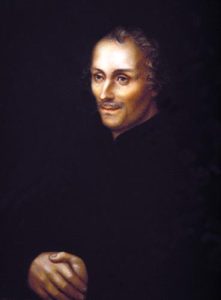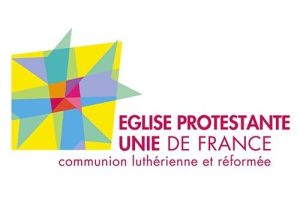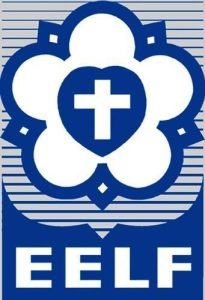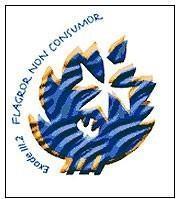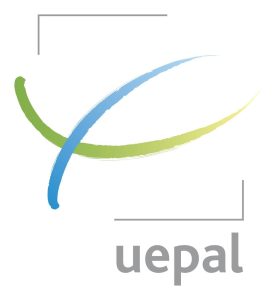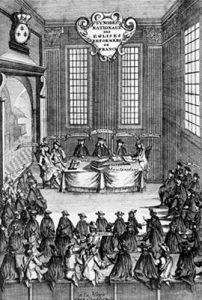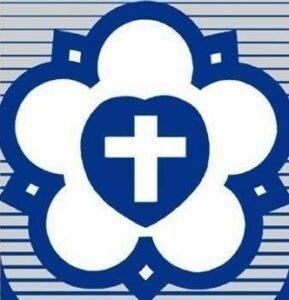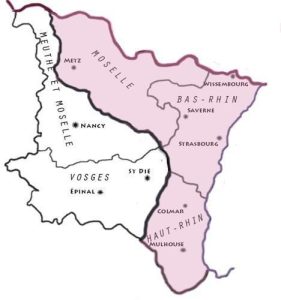The first links between Lutherans and Reformed in Europe
The Lutheran Reformation with Martin Luther and that of the Reformed with Zwingli and Calvin were different. Each had its Confession of Faith, namely Confession of Augsburg and Confession of La Rochelle. The difference concerned Christology, predestination but mainly the doctrine of the Last Supper. Ecclesial organisations were different too, as the Lutherans kept an organisation similar to that of the Catholics with ecclesial inspectors, who functioned like bishops. The first attempt to link the Lutherans to the Reformed took place under Philippe Melanchthon (1497-1560), but it failed.
In 1817 Frédéric-Guillaume III, king of Prussia, a Calvinist and widower of a Lutheran wife, had a common liturgy established for Lutheran and Reformed Churches in his Kingdom. Moreover he announced the union of the Reformed parish of the court and of the garrison in Potsdam, with the Lutheran parish of the garrison. The example of this union was followed by other parishes in Germany.
After the Franco-Prusian war of 1870, several professors at the Faculty of Theology in Strasbourg, which belonged to the State University, refused to teach under German tutelage. In 1877 they created the Protestant Faculty of Theology in Paris to jointly train Lutheran and Reformed pastors.
After World War I, other United Churches – at the level of Länder and parishes – were created in Germany.
The unions of Lutherans and Reformed in France until 1973
In 1960, during the assembly of the French Protestant Federation in Montbéliard, pastor Casalis launched the project for a united Evangelical Church.
A forum for dialogue – The Four offices – was created by the French Lutheran Evangelical Church (EELF), the French Reformed Church (ERF) and the two concordat Churches of Alsace and Moselle: The Church of the Augsbourg confession of Alsace and Lorraine (ECAAL) and the Reformed church of Alsace and Lorraine (ERAL). In 1968, the forum resulted in the Lyon theses on the status of the Scriptures, on baptism and on the Last Supper and an outline of the union of Evangelical Churches. The process failed.
A positive step remained as the Four Offices became the Luther-Reformed permanent Council (CPLR), a meeting organisation for Lutheran and Reformed Churches.
From the Leuenberg Agreement to the creation of the United Protestant Church of France
In 1973, in the Leuenberg Agreement -in Switzerland near Basel – European Lutheran and Reformed Churches admitted that they agreed on the essence of their faith and claimed their full ecclesial communion: a Lutheran pastor could officiate in a Reformed Church and conversely, and the faithful could take the Eucharist either in a Lutheran or a Reformed Church.
In 1973, the CPLR set up collaboration between the French Churches that signed the Leuenberg Agreement, on the training of pastors, on catechism and on ecumenism.
The creation of European United Churches, enabled by the Agreement, was effected in Belgium in 1978, and in the Netherlands in 2004.
In 2001, the national synod of the ERF, and then the general synod of EELF in 2003, called for more visibility of the communion between the two Churches.
In 2006, the two Churches of Alsace and Moselle, namely ECAAL and ERAL, drew closer and founded the Union of Protestant Churches of Alsace and Lorraine (UEPAL), in order to share central functions such as managing a unified pastoral body, while each adding Protestant to their name, and thus became the EPCAAL and the EPRAL.
In 2007, the CPLR took the name Luther-Reformed Protestant Communion.
That same year, the national synod of the ERF, and the general synod of EELF met in Sochaux, where they each voted for launching the Union process. A timetable was announced.
There followed a long period to write the statutes. They were approved by joint synods in Belfort, in 2012.
As for local Churches, they adapted their names to ensure that they belonged to the new Church named the United Protestant Church of France-Lutheran and Reformed Communion (EPUdF). They all adopted the titleUnited Protestant Church preceding their names.
The first national synod of the new Church was held in Lyon in 2013, where the first ERF synod had taken place in 1938.
Organisation of the United Protestant Church of France-Lutheran and Reformed Communion
The EPUdF is organised under the synodal-presbyterian regime. It is structured by assemblies and elected councils on the national, regional and local levels.
At synods, the representatives of local Churches – ministers and lay people – set the orientations to be given to the Church.
The national level comprises:
– the yearly national synod,
– the national council with 20 members elected for 4 years, charged with governing the Church in-between national synods,
– the commission of ministries, in charge of the admittance of ministers and chaplains, who all belong to the same body,
– the national team for activities, in charge of co-ordinating evangelisation and training, youth networks, communication and international relations.
On a regional level, the former EELF and ERF regions still exist, except for the Lutheran region of Montbéliard and the Eastern Region of ERF that merged and founded the EPUF.
On a local level, parishes or local Churches, remain either Lutheran or Reformed.
The EPUdF in France, except for Alsace and Moselle, comprises 500 pastors and 480 parishes in 1,100 worship places and 400,000 members.

